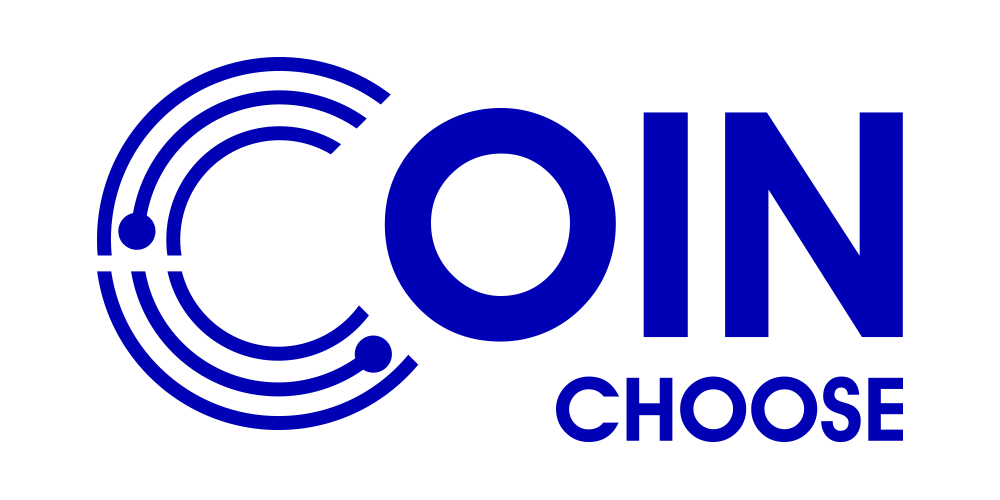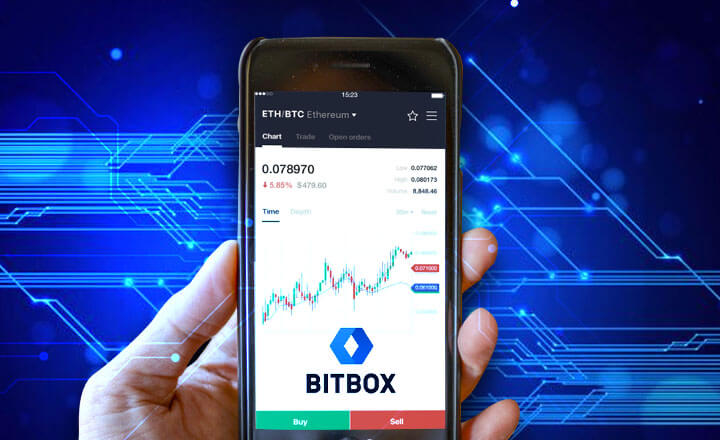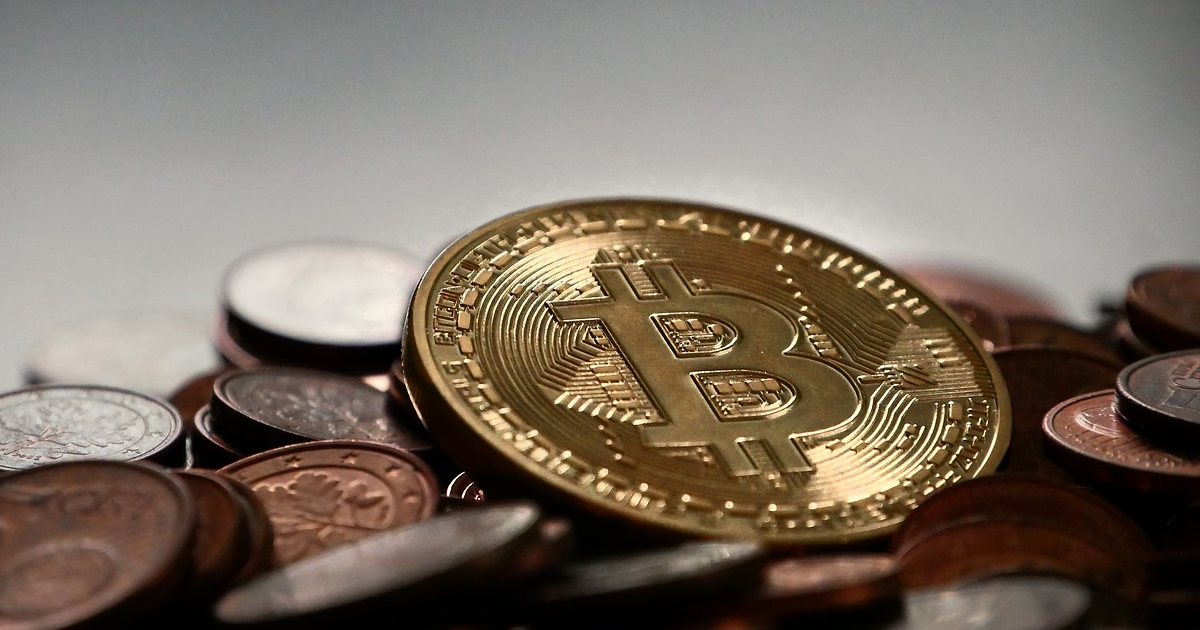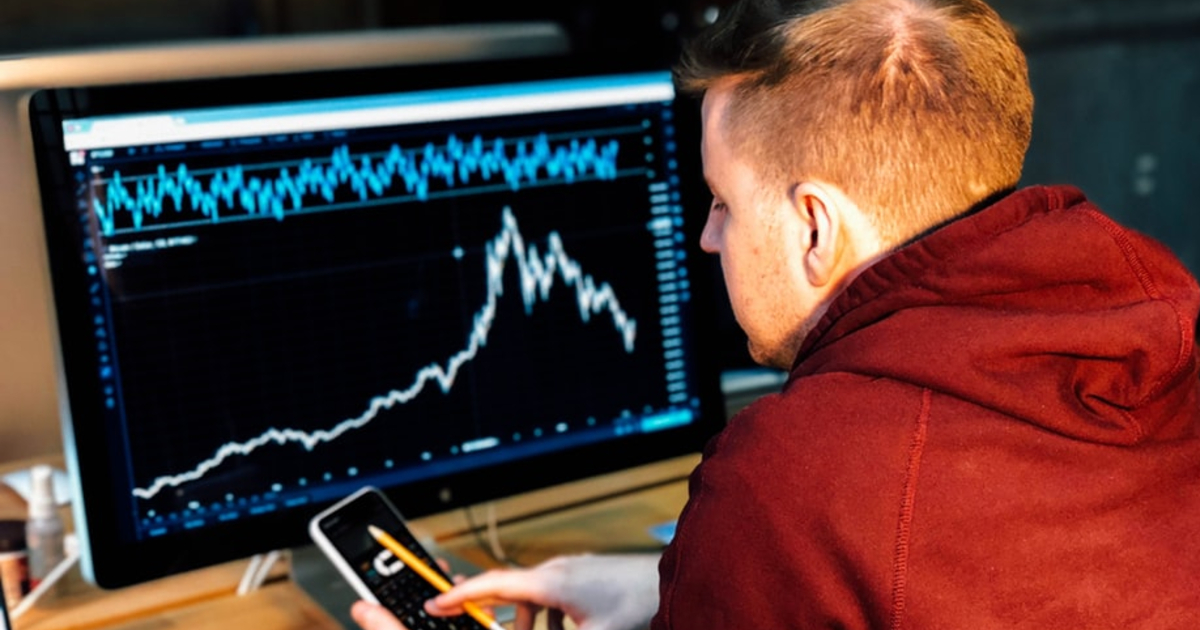Japanese messaging service LINE has announced the opening of its new cryptocurrency exchange platform—BITBOX—as the company enters the crypto sphere.
LINE—one of Japan’s largest mobile messaging services—has begun the operations of BITBOX, its new Singapore-based cryptocurrency exchange platform.
BITBOX is a crypto-exclusive trading platform servicing coin holders of 28 virtual currencies in the market, including Bitcoin (BTC), Ethereum (ETH), Bitcoin Cash (BCH), and Litecoin (LTC), among others. The cryptos selected went through rigorous scrutiny by Line’s screening committee to ensure reliable and safe transactions for customers.
Takeshi Idezawa, LINE CEO, said:
“As a key part of LINE’s new financial services, BITBOX shows our commitment to fulfilling the growing demand for more diverse financial options. With BITBOX, LINE users will be able to access cryptocurrencies more easily, while also being assured of state-of-the-art security measures to protect their assets.”
The exchange also claims that it offers low trading fees of only 0.1 percent. However, as a launch bonus, BITBOX waived all trading fees for the first month of its operations. In addition, the first two million registered BITBOX users will receive a surprise gift worth US$10.
Secure Transactions with BitGo
BITBOX has integrated the multi-signature technology put forward by blockchain security company BitGo to provide security to crypto transactions in the platform. Multi-signature involves three-key management that ensures that there are no security flaws as coins go to and from the users’ wallets. BitGo also offers a crypto wallet—which the company calls the “world’s most secure Bitcoin Wallet”—that utilizes the same multi-signature technology, two-factor authentication, and anti-phishing protection.
Mike Belshe, BitGo CEO, said:
“LINE and BitGo are both leaders in our industry and this partnership with BITBOX is an important step in bringing institutional investors the security, compliance, and custodial solutions they need. LINE has an established history of success in the global market. Together BITBOX and BitGo are committed to providing the most secure and reliable user experience in the digital token ecosystem.”
Idezawa added:
“LINE has built its reputation on providing a great social experience for our users, and now we intend to bring that know-how to the world of digital tokens with our BITBOX exchange. With BITBOX, we intend to have an exchange that is easier to use, while also ensuring we provide extremely strong levels of unity.”
BITBOX can now offer its trading services to crypto holders from all around the world except a number of countries, most notably Japan and the United States. LINE’s newest exchange is also available in 15 different languages, including English, Korean, and Chinese, among others.
| Related: Crypto Exchanges – Buy & Sell the Currency of Your Choice
Messaging Apps Enter the Crypto World
LINE joins a growing list of messaging services entering the financial services market. On June 3, a Russian news outlet reported that cross-platform messaging application Viber would serve as a medium for trading the virtual currency to be developed by Japanese e-commerce company Rakuten. The Japanese company owns Viber.
According to the same report, Russians will be the first to access Viber’s crypto trading service which would allow them to exchange Rakuten’s Rakuten Coin for US dollars, euros, rubles, and other fiat and digital currencies.
Djamel Agaoua, Viber CEO, said:
“Our company is creating Rakuten Coin cryptocurrency, which is supported by the entire Rakuten ecosystem. The Rakuten Coin will be tradeable in Viber. Very soon you’ll be able to send some Rakuten Coins and to trade Rakuten Coins against rubles, dollars, and euros.”
Analysts note that the messaging companies enter the fintech sphere to find another way to earn revenue as they face global messaging giants Messenger and WhatsApp. In addition, the messaging institutions want to join in into the growing cryptocurrency world after Bitcoin—the largest digital coin based on market capitalization—increased by 100 percent in less than three months and reached its peak of US$19,000 at the start of the year.







